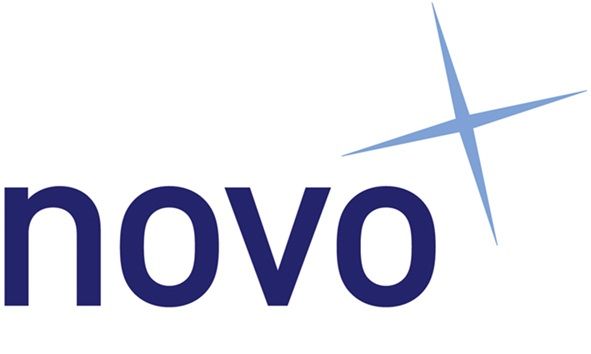FIVE HR CHALLENGES OF 2022

Global research* has identified five main HR challenges in today’s organisations. Addressing each of these will allow businesses to better prepare for 2022, moving out of crisis towards stronger and more resilient workplace cultures. The challenges are highlighted in O.C. Tanner’s 2022 Global Culture Report which involved lengthy analysis of the perspectives of over 38,000 employees, leaders, HR practitioners and executives from 21 countries around the world, including over 2,500 from the U.K.
Here are the top five challenges that HR professionals must address:
hybrid environment mean for things that are typically done in-person such as collaboration and leadership development?
2. Creating meaningful employee experiences
Whether employees are returning to the office, staying remote for the long-term, or have worked in the office throughout the pandemic, their employee experiences have changed. Which of those experiences should stay, and which should continue to evolve? How can organisations create positive experiences that meet employee needs whether they’re physically in the office or elsewhere?
3. Improving employee interactions
Before the pandemic, important aspects of the employee experience typically took place face-to-face, from recognition through to training courses. But how should they look now? How can employers help employees to feel seen, valued and looked after, especially when interacting at a distance?
4. Keeping people connected but not ‘always on’
Zoom calls and Slack channels do not always adequately replace in-person interactions. The range of technologies that help us stay in contact are also contributing to employee burnout. Leaders must rethink how they use such technology and be more intentional about creating opportunities to connect people to organisational purpose, accomplishments and one another.
5. Replacing ‘employee engagement’ with work output
Employee engagement has been a dominant metric for the past decade. But organisations are beginning to question its true value. In fact, over the past 18 years, engagement (as tracked by Gallup) increased from 26 per cent to 34 per cent, an average of less than half a point each year. So perhaps it’s time to replace engagement with different metrics. After all, engagement can be more to do with the employee’s disposition than anything else, and does it directly translate into better business outcomes? HR needs to focus on the work itself to better predict results – quality, quantity and efficiency. This is because work output is a far better metric than worker sentiment, and increasing it yields far greater individual, team and organisational results. Of course, focusing on new measures rather than the more simpler measure of ‘engagement’ might prove daunting for HR professionals, but it’ll be worth it.
1. Adapting to a hybrid model of work
Much of the new workplace is hybrid. Organisations that refuse to allow at least some remote work will watch talent walk out the door. How can workplaces adjust to this new model? And what does a
Robert Ordever, MD of O.C. Tanner Europe, comments, “We’re in a new era for HR professionals. The pandemic has highlighted the real value of HR and their place as key influencers – It’s time for them to address the pressing issues of our time. They’re absolutely key to businesses by creating powerful employee experiences and strong, thriving organisational cultures.”
*Research by The O.C. Tanner Institute – the research arm of O.C. Tanner
Originally published on The HR Director, https://www.thehrdirector.com/business-news/future-of-work/five-hr-challenges-of-2022/












